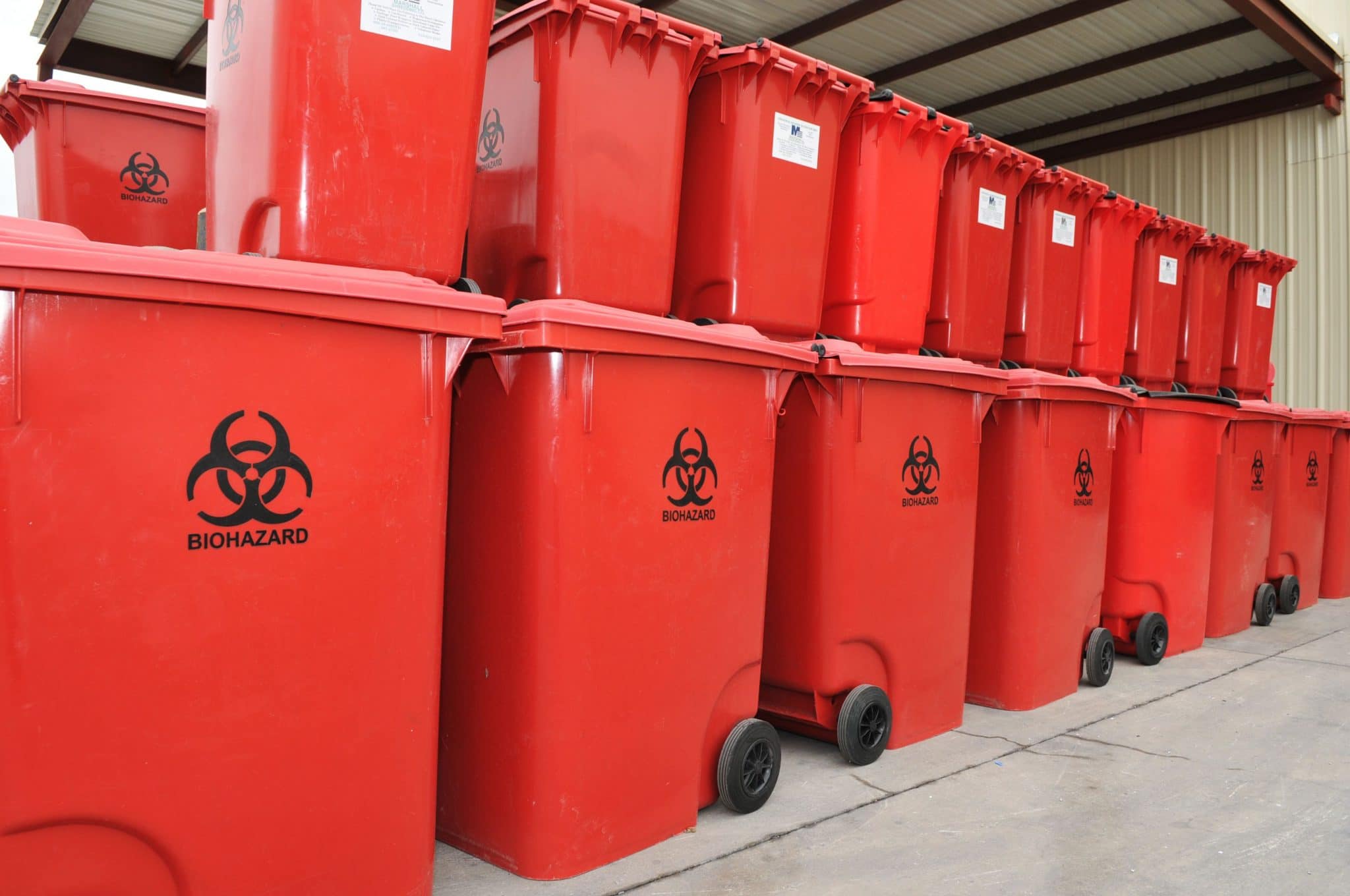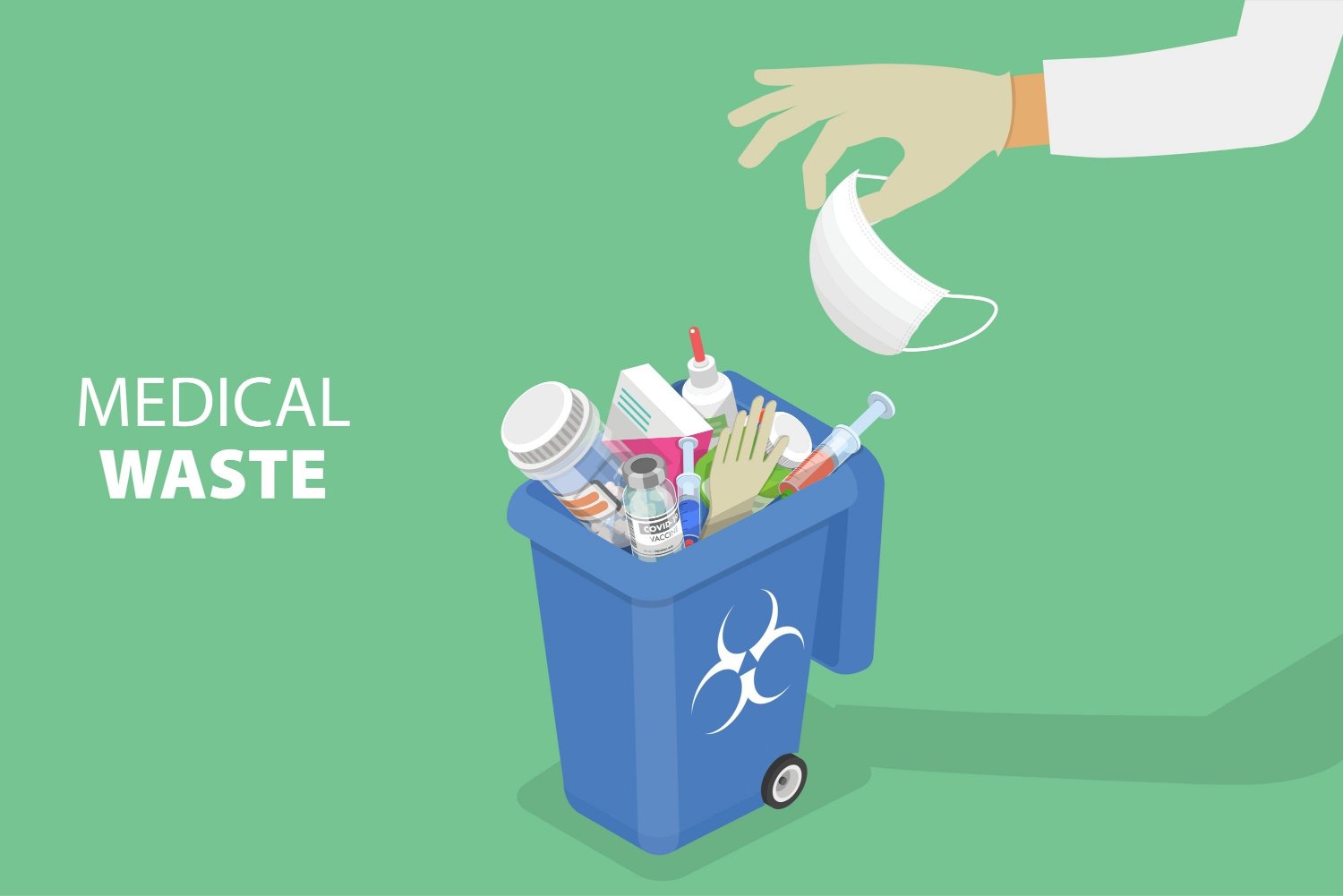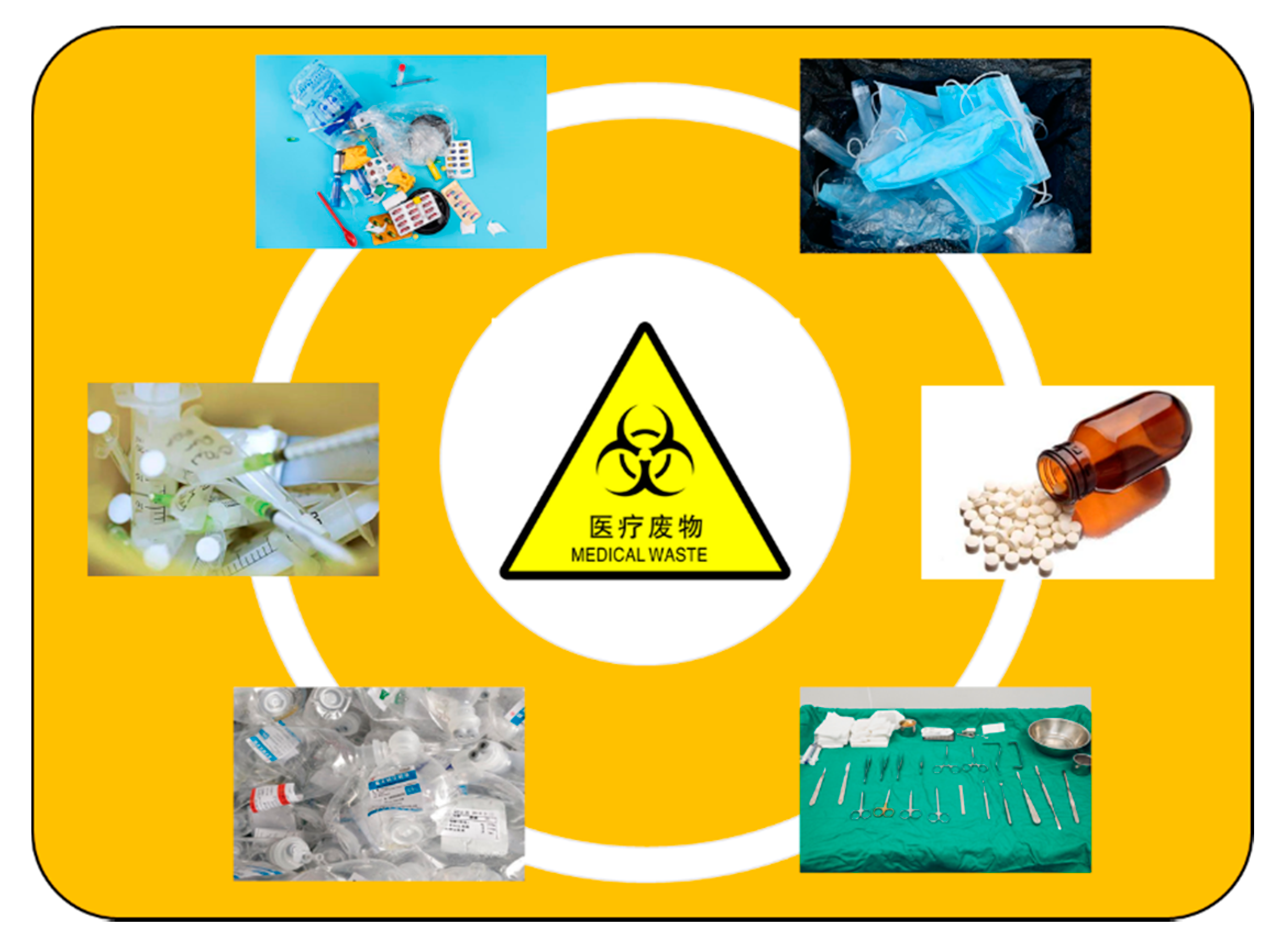Streamlined Medical Waste Disposal Services: Top Priority for Public Health
Streamlined Medical Waste Disposal Services: Top Priority for Public Health
Blog Article
Navigating Medical Garbage Disposal: Crucial Providers for Health Care Facilities
Health care facilities, whether small centers or big hospitals, are handed over with the responsibility of handling, treating, and disposing of a broad variety of clinical waste streams. Understanding the important solutions that sustain medical waste disposal is not simply an issue of conformity yet additionally a basic part in securing public wellness and ecological health.
Regulatory Conformity Assistance
For medical care centers, ensuring regulative conformity support is essential to maintain proper handling and disposal of medical waste. By partnering with regulative conformity experts, healthcare facilities can stay up-to-date on progressing regulations, reduce risks associated with incorrect waste disposal, and ultimately add to a much safer and more lasting setting for all.
Waste Segregation Support

Medical care facilities should offer clear standards and training to personnel on exactly how to set apart waste successfully. This consists of separating basic waste from dangerous products such as sharps, transmittable waste, pharmaceuticals, and chemical waste. Color-coded containers, labels, and signage are commonly utilized to assist in waste partition practices. Regular audits and monitoring of waste segregation processes are necessary to recognize any kind of concerns and make essential renovations.
Collection and Transportation Services

Correct collection and transport services are necessary elements of the medical waste disposal procedure in health care centers. These solutions make sure that hazardous materials are managed securely and in conformity with laws to protect both the atmosphere and public health. Healthcare facilities count on specialized waste monitoring companies to provide reliable collection and transport services tailored to their needs.
Medical waste collection includes segregating various kinds of waste at the factor of generation, using color-coded containers or bags to compare general, harmful, pharmaceutical, and other waste streams. Trained workers must do this job to avoid contamination and make sure correct disposal. As soon as accumulated, the waste is transported in devoted vehicles equipped to take care of harmful products securely. These lorries comply with stringent safety requirements and adhere to assigned routes to certified treatment facilities for disposal with techniques such as incineration, sanitation, or landfilling.
Therapy and Disposal Solutions
In the world of medical garbage disposal for health care centers, after the vital stage of collection and transport solutions, the focus shifts in the direction of Visit Website applying effective treatment and disposal options. Treatment remedies usually entail procedures such as autoclaving, which makes use of steam under stress to decontaminate the waste. This technique is typically used for transmittable waste that should be made non-hazardous prior to disposal. Another common therapy technique is incineration, where waste is subjected to high temperatures in controlled setups to lower its volume and get rid of microorganisms.
Disposal services incorporate the final action in the medical waste administration procedure. Facilities might choose land fill disposal, where dealt with waste is carefully transferred in designated locations. Medical Waste Disposal Services. Healthcare centers can pick to use waste-to-energy facilities, which incinerate waste to produce electricity. Recycling and resource recuperation are also getting traction as lasting disposal alternatives for sure kinds of clinical waste products.
Effective treatment and disposal solutions are extremely important in making sure compliance with policies and guarding public health and the atmosphere. Medical care centers must meticulously assess and select appropriate methods that align with their waste monitoring goals and sustainability efforts.
Personnel Training and Education And Learning

To effectively handle clinical garbage disposal in medical care centers, thorough team training and education play an important duty in guaranteeing adherence to regulatory demands and preserving a safe environment. Appropriate training equips staff with the expertise and skills needed linked here to manage different sorts of clinical waste, segregate them correctly, and package them safely for disposal. By informing employees on the dangers related to inappropriate handling of clinical waste, centers can minimize the probability of mishaps, contamination, and governing violations.

Verdict
Finally, medical care facilities depend on crucial clinical waste disposal services to ensure governing conformity, appropriate waste partition, secure collection and transportation, efficient therapy and disposal, along with personnel training and education. These solutions play a crucial function in preserving the health and wellness of both health care workers and the basic public, highlighting the relevance of appropriate monitoring of medical waste in healthcare settings.
For healthcare centers, ensuring regulatory conformity support is essential to keep correct handling and disposal of medical waste. Waste partition includes categorizing various kinds of clinical waste to make certain proper handling, therapy, and disposal. This consists of dividing basic waste from unsafe materials such as sharps, contagious waste, pharmaceuticals, and chemical waste.Medical waste collection entails segregating different kinds of waste at the point of generation, using color-coded bags or containers to identify in between general, hazardous, pharmaceutical, and other waste streams.In the world of clinical waste disposal for health care facilities, after the important phase of collection and transport services, the emphasis shifts towards applying efficient therapy and disposal remedies.
Report this page